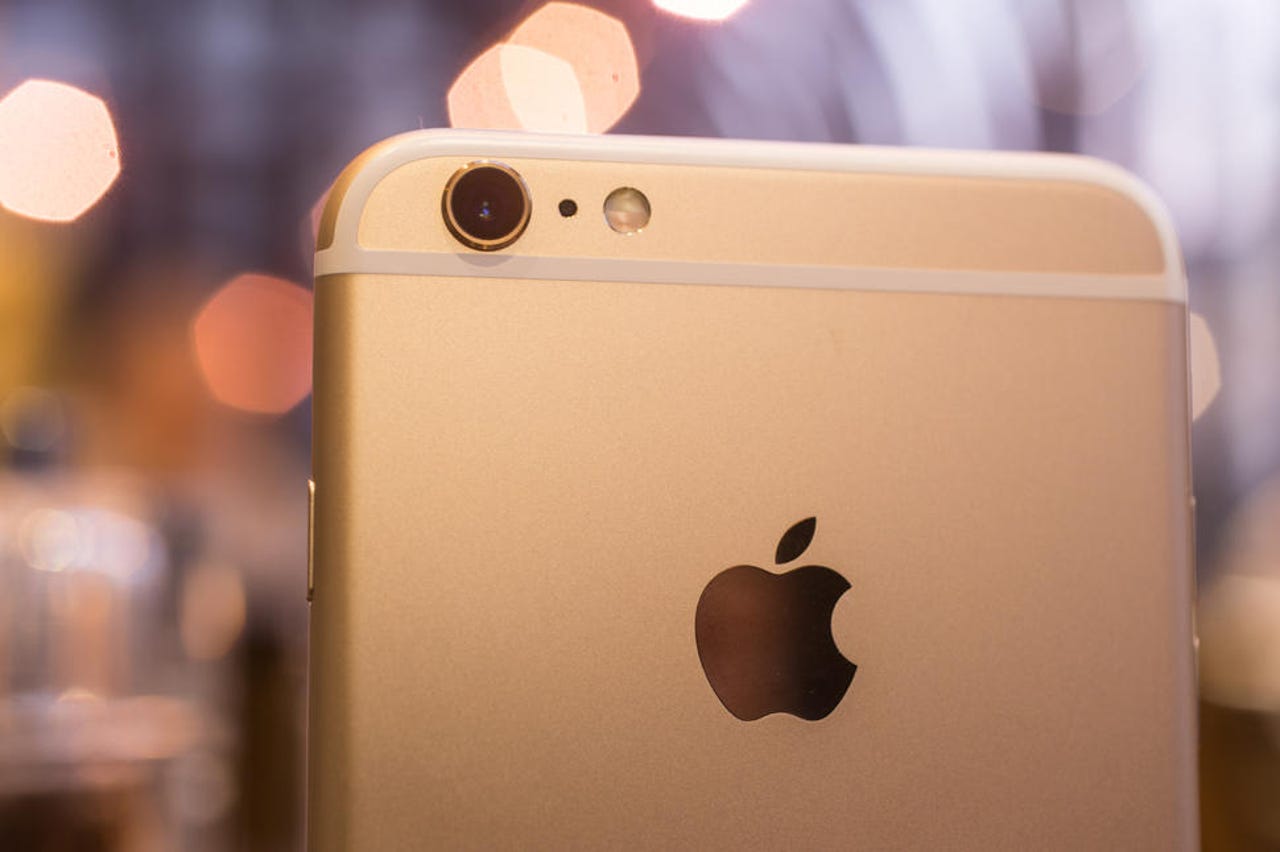Windows 10, Android, iOS, and the billion user question


One billion users on iOS isn't far away.
Apple revealed last week that it has now sold one billion iPhones. Now, that certainly doesn't mean there are one billion iPhones and iPads in use -- but give it another couple of years, and we're likely to hit one billion iOS devices in use.
Microsoft is also chasing the same figure, although the company recently admitted it would need more time to hit its self-imposed target of one billion Windows 10 devices in use.
Android, of course, has already passed the billion target in late 2013 and is currently somewhere around 1.5 or 1.6 billion .
Benedict Evans has some interesting analysis of these trends and what they mean for the smartphone market.
What strikes me is that there's every chance that in three years time -- perhaps even earlier -- we'll have three very different operating systems with over a billion users for the first time.
Apple's iOS will dominate the high-end mobile space, while Microsoft will mostly be in control of the PC world, and Android will take the rest of the smartphone and tablet market.
A billion is simply a nice, round number, and it's somehow satisfying that iOS and Windows 10 are likely to reach the same goal at about the same time.
But what does this all mean?
First, it tells us why it's so important for Microsoft to hit one billion Windows 10 users. That's the sort of scale you need to be a real player here.
But it also tells a story about shifting nature of the technology world. Mobile is already the dominant personal computing mode, and that's not going to change. And the momentum is with mobile, not with the PC, which will affect the way software is written and used. That's becoming increasingly apparent in business, with the likes of IBM and SAP now working on enterprise mobile apps.
It also suggests that the barriers to entry are extremely high. There aren't going to be any new OS players along anytime soon; iOS, Windows, and Android cover the bases pretty well, leaving little room for another niche.
These won't be the only devices that we use, of course. There will be many other devices, like smart TVs and billions of Internet of Things sensors, but we won't interact with them ourselves on a regular basis.
This raises another question: where does the 'next big thing' break through? Perhaps the operating system will lose its relevance, and the next big thing will be application, not operating system-based: Facebook is doing just fine with its 1.7 billion monthly users.
Or will wearables replace the smartphone, just as the smartphone is replacing the PC? And will that challenge Apple, Google, and Microsoft, or simply increase their power? And how long will that take? The dominance of the PC lasted for decades. Will it be further decades before the next big thing upsets the balance of power?
ZDNet's Monday Morning Opener
The Monday Morning Opener is our opening salvo for the week in tech. As a global site, this editorial publishes on Monday at 8 am AEST in Sydney, Australia, which is 6 pm ET on Sunday in the US. It is written by a member of ZDNet's global editorial board, which is comprised of our lead editors across Asia, Australia, Europe, and the US.
Previously on Monday Morning Opener:
- With AWS on deck, cloud rivals eye margin improvements, platform plays
- Why Trump and Brexit are an indictment of the tech industry and its worldview
- The internet as battleground: Where do we go from here?
- Apple winning the enterprise security race, Samsung makes push
- Tech after Brexit: Where do we go from here?
- Apple Car: Two big factors open the door for a disruptor
- Hey Siri! At Apple WWDC 2016, Tim Cook needs to make big data, AI pivot
- Death or rebirth: What does the future of the PC really look like?
- 7 Chinese companies that will shape the future of the tech industry: My week in Beijing
- March of the Chinese smartphones gathers pace